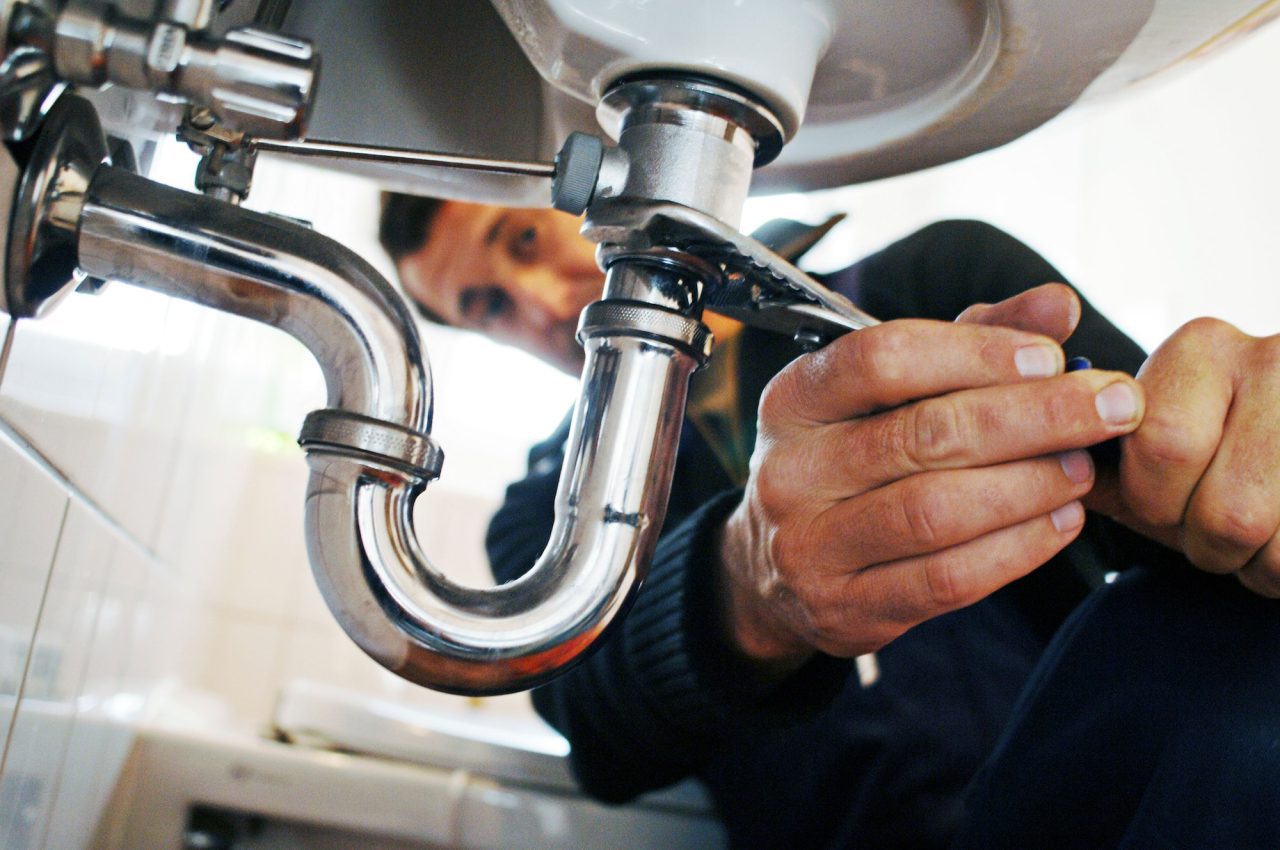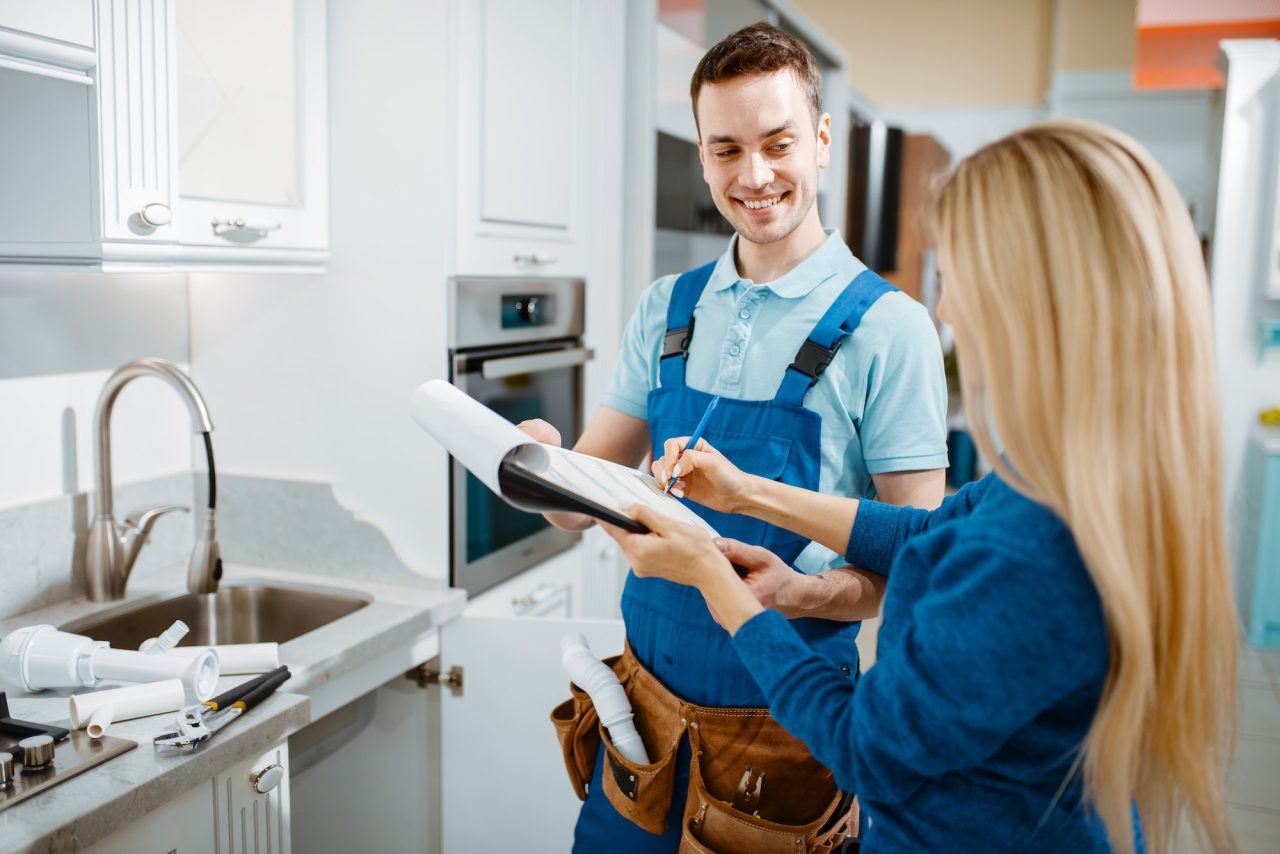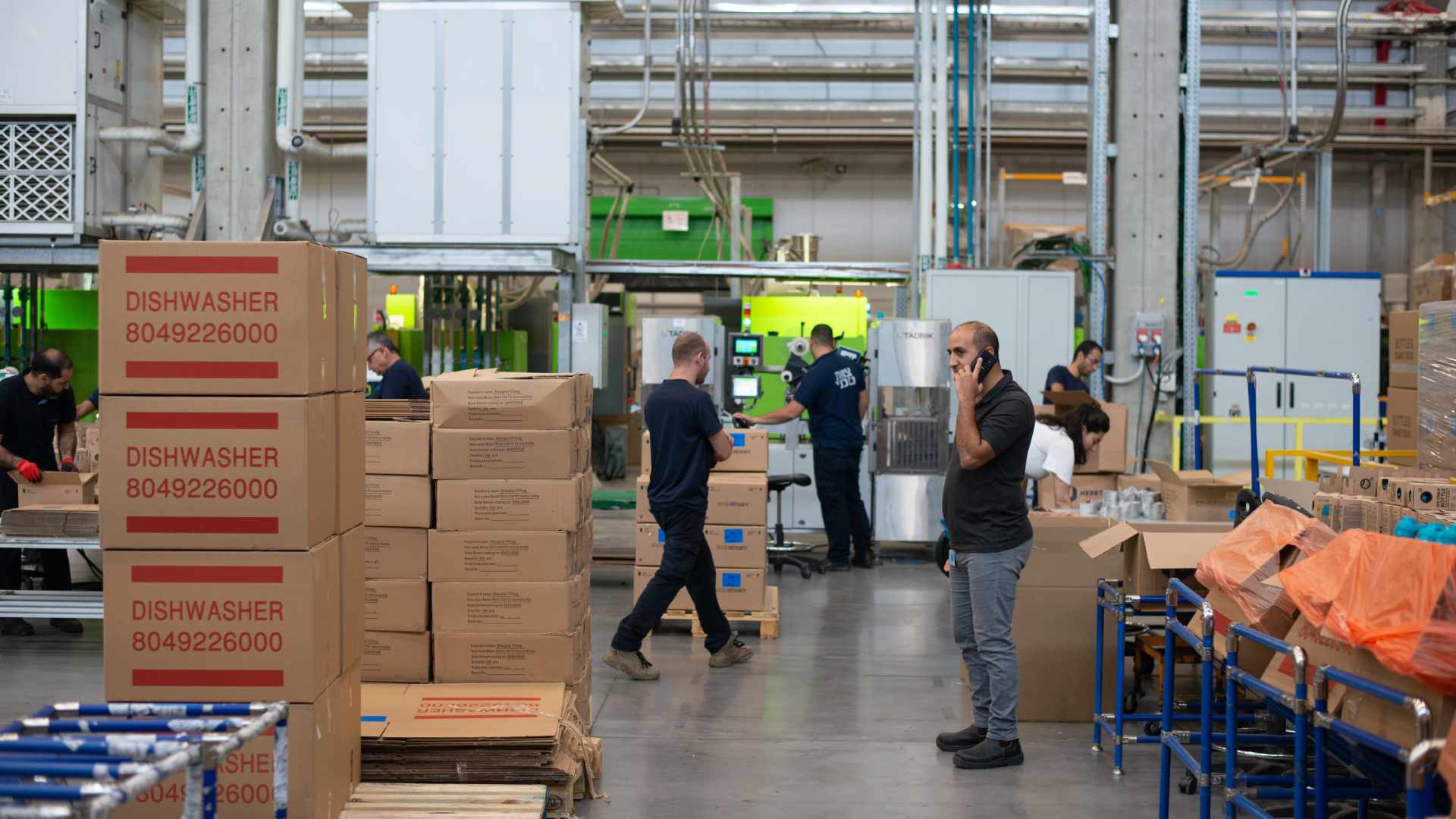15 Most Common Plumbing Problems
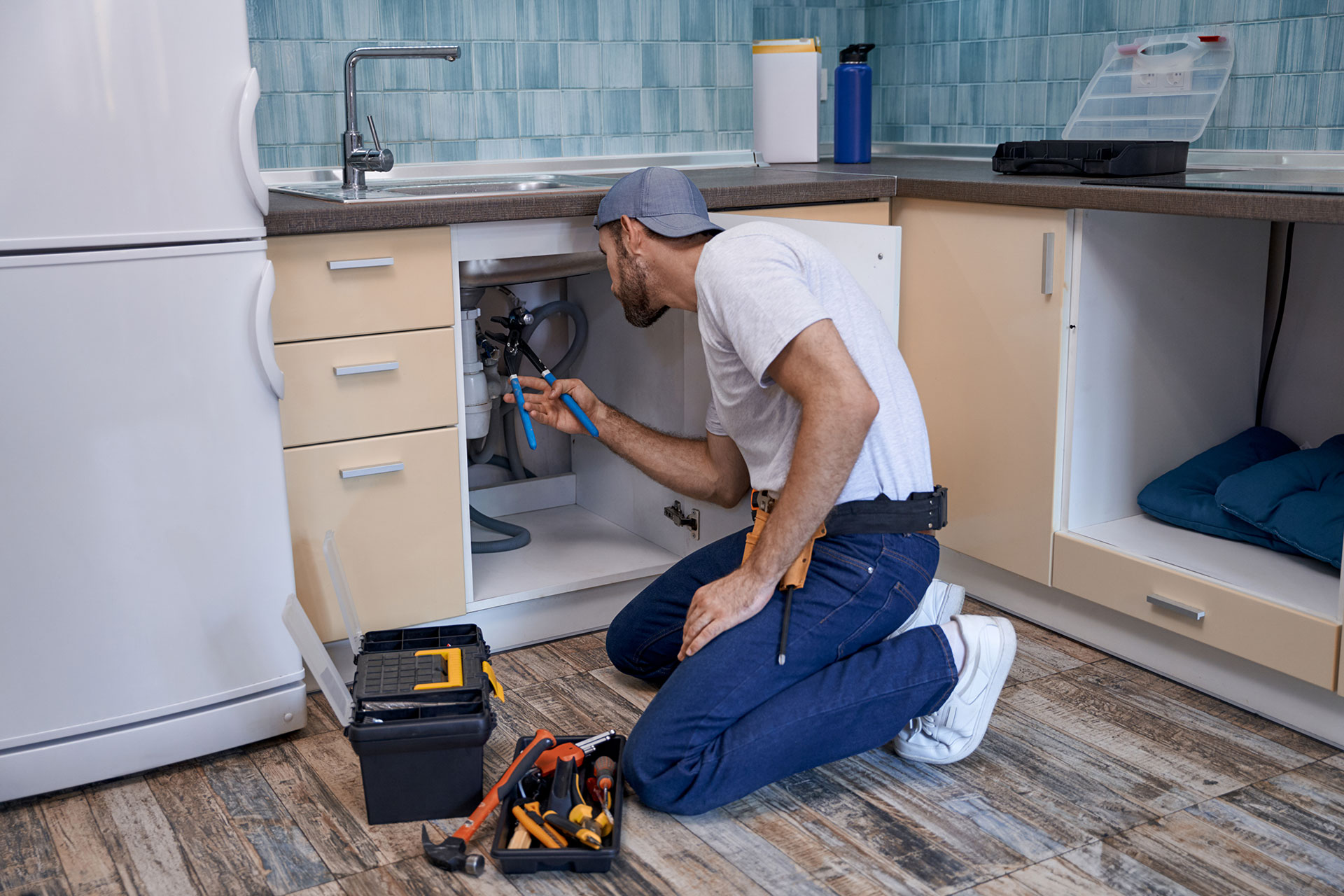
When to call in the professionals
Whether you are experiencing issues such as water pressure, frozen and burst pipes, flooded sewage, leaks, or blockages you will always need the services of a professional plumber.
They are a good first point of call, especially if you don’t know the problem. They can advise you on the issue and the best way to resolve it.
Tackle home plumbing problems and save money.
We’re all guilty of accidentally letting things slide down the sink or flushing items we shouldn’t down the toilet, but did you know that doing so can cause serious problems – not just for your plumbing system but for the environment, too? From fatbergs to congealed masses of wet wipes, bad habits are damaging our waterways and could end up costing you money to fix problems at home.
Here’s everything you need to know about how to keep your drains healthy, prevent blockages, and fix common plumbing problems yourself.
Worldwide sewer blockages
We’ve been flushing harmful substances down our drains for decades, without many of us realising how disastrous this can be. From the UK and the US to China and Australia, experts around the world are being called to remove an alarming number of sewer blockages, many caused by a combination of cooking oil and wet wipes put down our drains. Alarmingly, blockages like these can lead to sewage flooding our homes.
Aside from this, letting things slip down our drains has a devastating impact on the environment, leading to plastic and chemicals entering our waterways. It has also led to the formation of fatbergs in our sewers.
What is a fatberg?
A fatberg is a rock-like mass of waste matter made up of non-biodegradable solids, such as wet wipes, fats, and grease.
Large fatbergs can clog our sewers, make them less efficient, and prove expensive to remove. The blockages also pollute our waterways and have a significant impact on the environment.
How to improve our home drains and pipes?
So, what can we do about it? Well, you can buy clever gadgets like hair catchers for the shower and food catchers for the kitchen sink, to stop waste clogging up your plugholes.
Of course, regular cleaning is also essential. You can do this by pouring boiling water down the drain, followed by a cup of baking soda. Leave to sit for a while then rinse thoroughly with hot water. For a deep clean, use a distilled white vinegar solution. However, the main way to improve drain health is to break bad home habits and stop rinsing or flushing the following items down your toilet and sinks…
Fats, oil and grease
Fats, oil, and grease (shortened to FOG) should never be washed down the drain. A leading cause of plumbing problems, these substances stick to the inside of pipes and when cooled, solidify. Grease, oils, and fats bind other drain waste creating a thick, sticky residue that can slow or block your pipes.
Instead of pouring these fatty liquids down your drain, leave them to cool and solidify before placing them in the bin.
Coffee grounds
It might come as a surprise, but coffee grounds are thought to be a leading cause of blocked drains. It’s incredibly easy for the grounds to slip down the sink, especially when you’re rinsing out your French press, but they can wreak havoc on your drainage system. This is because they aren’t totally water soluble. They can build up and clog drains, particularly if they bind with fats, oil, and grease.
Since coffee grounds are thought to be beneficial for plant life, composting them is the most environmentally friendly way to get rid of them.
Cooking sauces and condiments
It goes without saying that cooking sauces and condiments all contain fats and oils, and therefore can coat your drainage pipes in a similar way to butter, olive oil, and cooking fats like ghee. While things like tomato ketchup and pasta sauce probably won’t clog your pipes straight away, they may contribute to the build-up of grease and fats over time.
The best way to get rid of sauces is to compost them, but if that isn’t an option they should go in the bin.
Wet wipes and nappies
There is potentially no greater cause of drain blockages than wet wipes. When flushed down toilets, wet wipes bind with fats to create those devasting fatbergs.
Though some claim to be flushable, they won’t break down quickly or properly. They can also become caught within the pipes, creating large clogs. The same goes for nappies, which can instantly block pipes. Both should always be disposed of in the bin.
Medication and plasters
While flushing plasters can clog up drains and cause serious blockages, medication can have a big impact on the environment – and on our water supply. Putting any drugs or medications down your drain is extremely dangerous, as wastewater treatment plants can’t remove them from the water. This means they enter the environment and can return to our drinking water.
Instead, your local pharmacy will take old medications off your hands. As for plasters, just throw them in the bin.
Cat litter
Even so-called flushable types of cat litter can block drains and cause a range of issues for your plumbing system.
Cat litter can also harbour a range of germs and bacteria from your cat’s feces. These types of bacteria are resistant to the chemical treatments that are used to treat our drinking water, meaning the bacteria will eventually make their way back into the water supply. So, don’t be tempted to flush it!
Paper towels and cotton balls
While toilet paper is specially designed to break down in water, other paper products, such as kitchen towels and cotton balls, aren’t. They’re also extremely absorbent. Therefore, when flushed, they can get caught up in the drain and stop water flowing properly. Over time, this will cause a blockage that could be extremely costly to remove.
Paper towels and cotton balls should always be placed in the bin.
Feminine hygiene products
Much like paper towels and cotton balls, feminine hygiene products are designed to be highly absorbent, which means they swell in water and take a long time to dissolve. So if you continue to flush them down the toilet, it will eventually lead to a blockage.
All disposable feminine hygiene products should be placed in the bin. Alternatively, reusable items are now available, which are far better for the environment.
Harsh chemicals
As is the case with medications, our wastewater treatment plants aren’t equipped to remove harmful chemicals that make their way into our water supply. Therefore, when you pour cleaning products or solvents – like white spirits – down the drain, you are effectively polluting our water. These chemicals will also eventually reach the ocean and have a damaging impact on the environment.
Always check the packaging to find out how to dispose of substances appropriately. If you want to avoid these problems altogether, consider switching to natural cleaning products.
Paint
It may come as a shock to hear that we should NOT be washing paint down the sink. Wastewater treatment plants can’t remove paint from our water supply. Paint contains multiple toxins, so it’s usually seen as toxic waste and even the smallest amounts can be problematic. Paint can make its way to lakes and streams, causing issues for wildlife and the environment. Instead, let any paint dry out before taking it to your local tip or recycling centre.
If you need to wash brushes, experts advise the greenest way to do this is using two buckets of water, one with soap and one to rinse. This can be disposed of in a waste management or paint recycling centre. If that’s not practical, you can use cat litter, sawdust, or even recycled cardboard to absorb the liquid and then put it in the general rubbish bin for collection.
Produce stickers
While you might not mean to put produce stickers down the drain, it can easily happen when rinsing fruits or vegetables. But you should do your best to avoid it since these stickers are usually made from plastic, which means they aren’t biodegradable. As they don’t dissolve in water, they can clog your pipes and block filters or pumps in your home or the water treatment plant.
So, ensure you remove them and place them in the bin before washing your produce.
Contact lenses
Around 20% of contact lens wearers flush them down the toilet or sink. However, soft, hard, and hybrid contact lenses are all made from different types of plastic. That means that when they get flushed down our drains, they will create microplastics that then pollute our water supply. In turn, they’re eaten by fish, which can harm the fish and also transfer potentially harmful chemicals into our food chain.
Therefore, you should always put used contact lenses in the bin or – ideally – recycle them. Just search online for your local drop-off location or to find a postal recycling scheme.
Soap
Yes, you read that correctly. Soap is an unlikely culprit, but that humble bar of hand soap sitting next to your kitchen or bathroom sink really can contribute to blocked drains. Many people aren’t aware that soap is traditionally made from beef fat, which is listed as tallow or sodium tallowate on the label. As such, every time you wash your hands, fat runs into your drain. Over time, it combines with food waste in the kitchen and hairs in the bathroom and can lead to a pipe blockage.
Luckily, plant-based soaps are widely available these days, so there’s no reason to create plumbing problems in the pursuit of clean hands.
Common plumbing problems
All of the above are on our list of things you should never flush. In fact, even crumbs can cause issues. Flushing and rinsing things we shouldn’t can lead to costly plumbing problems, including blocked exterior drains, blocked toilets, clogged sinks, and sewage backups.
Of course, there are plenty of other issues that can occur, too. Here’s how to tackle these common issues yourself…
How to unclog a blocked sink
If water is coming back up into your shower or sink, then you could have a blockage. A simple fix is to use a plunger over the plug hole while covering the overflow with a wet cloth to create an airtight seal.
If that fails, try using a liquid drain cleaner. Use as per the manufacturer’s instructions, then rinse with hot water. If this still doesn’t work, you may need to clear the U-bend or ‘trap’. Just be sure to turn off the water supply and place a bucket underneath to catch any waste water.
How to unblock an exterior drain
If you notice water sitting on the ground around your drains, or you can smell a stagnant odour, then your exterior drain is likely blocked. The first step is to lift the cover and look inside – you can do this using a rope. Hopefully, it’s a simple case of leaves clogging the drain. If you can see the blockage, you can attempt to clear it yourself, but you’ll need rubber gloves, goggles, and a face mask, as well as drain rods, a bucket, and bin bags. You might also need a pressure hose.
However, if you can’t see the problem you might need to call out a specialist.
How to unblock a toilet
If you notice the water in your toilet is taking longer than normal to drain, or the level is rising when you flush, then you likely have a blockage. To fix the issue yourself, you’ll need rubber gloves and a plunger. Attempt to locate and remove the blockage by reaching into the toilet bowl.
If you can’t feel anything, get the plunger out. A wire coat hanger could also work. Unravel it and push it into the toilet. Hopefully, you can break up the obstruction. However, don’t do this if you have a flexible flush pipe, as you could damage it. A specialist drain rod can also be used, but if you still have no luck, you might need to call out a specialist.
How to tackle bad smells coming from a drain
If you notice a foul smell coming from your sink or drains, then this is a clear sign there’s an issue. Everything from hair to food can get clogged and cause bad odours. However, the problem might be more substantial. The best way to tackle smelly sinks is to give them a good clean.
Try pouring a few cups of baking soda down the plug, followed by hot vinegar. Allow it to foam and leave for a few hours before rinsing. If the smell persists, then move to the drain. Look for any obvious blockages and remove them. Next, pour boiling water down the drain slowly, to soften any clogs. Follow this with a bit of dish soap to dissolve any grease that has built up.
What to do in an emergency
Of course, this DIY advice will only work on simple plumbing issues. If there’s a wider problem then you’ll definitely need an expert plumber to help.
In an emergency, such as an overflowing toilet or burst pipe, you should turn off the mains water and electricity supply, before calling in the experts. Your water supplier should be able to assist if the issue is street-wide – such as a collapsed drain or blockage further up the pipeline.
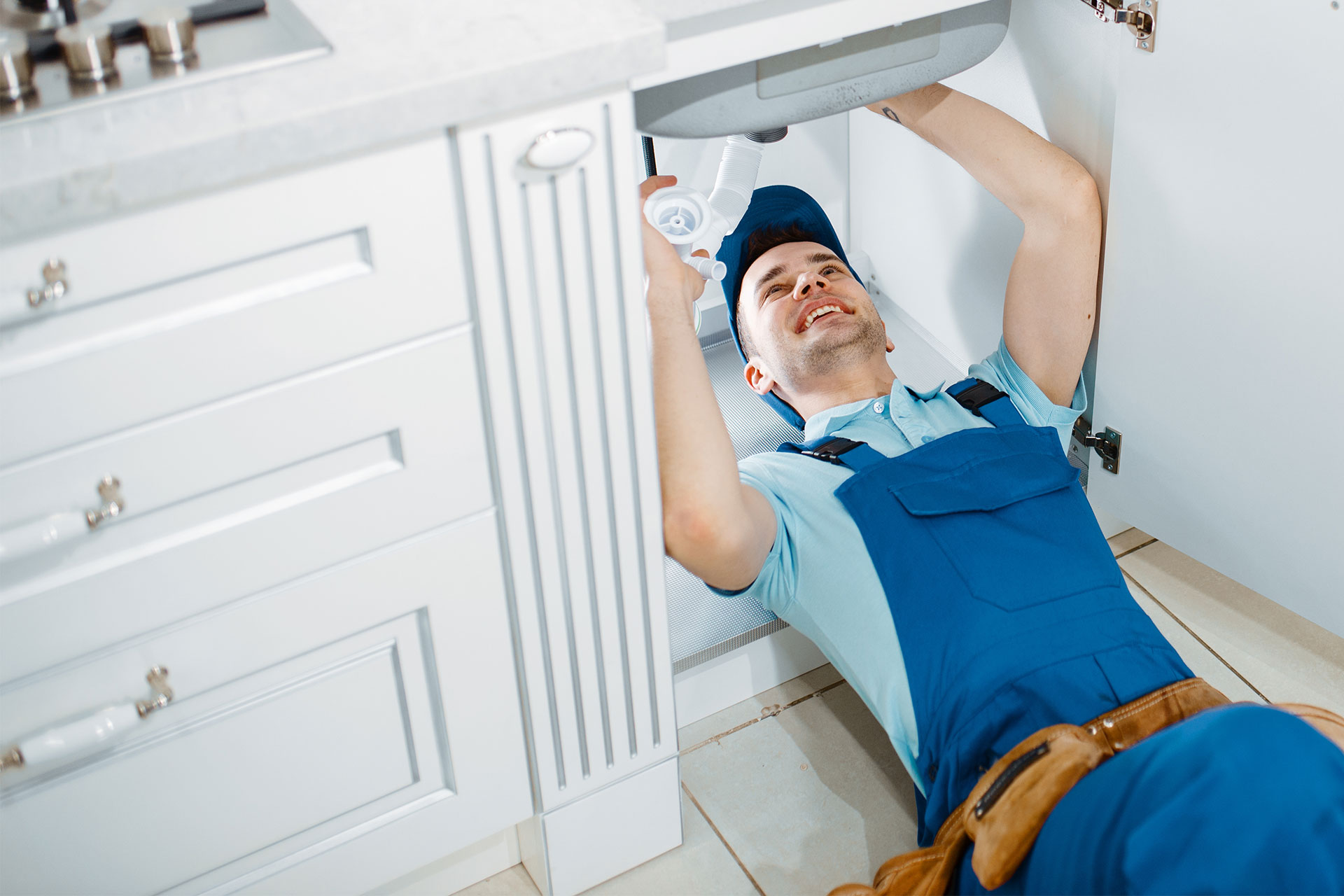
- Call Plumberman
- We are fully licenced
- We provide you with a quote
- We always clean up after our job
We’re available 24 hours a day 7 days a week including Christmas & Public Holidays!
If you have an immediate plumbing emergency in Sydney do not hesitate to call us. We have all the plumbing equipment to handle any job, we are skilled and provide great customer service to ensure that we always get the job done the first time.
Share This:
Latest Post
Need Any Help?
We are reliable and available 24 hours a day 7 days a week including Christmas & Public Holidays!

